Are you a mother working in Academia? Do you know of mothers who are?
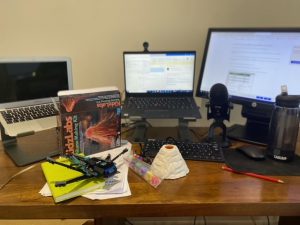 If so, then we need your assistance! The unforeseen Covid-19 pandemic has resulted in great professional and personal challenges for all academics but particularly mothers. Working from home, home-schooling and periodical closure of schools, nurseries and other childcare settings is the ‘new normal’, which is why we are keen to hear your unique experiences.
If so, then we need your assistance! The unforeseen Covid-19 pandemic has resulted in great professional and personal challenges for all academics but particularly mothers. Working from home, home-schooling and periodical closure of schools, nurseries and other childcare settings is the ‘new normal’, which is why we are keen to hear your unique experiences.
Our BU research team is passionate about developing interventions and strategies to support mother’s wellbeing, work life balance, and career progression.
Subsequently we are currently running a short online survey is to collect information to help further understand the experiences of mothers with young children (aged 0-16) working in paid positions in academia during the Covid-19 pandemic. We would love you to share your experience and support by completing the survey (if eligible) and/or sharing the link to the survey with your academic networks. The survey should only take 10 minutes, and findings will inform interventions and strategies to support women’s wellbeing and work-life balance.
We would like to invite you to take part if you meet the following inclusion criteria:
You identify as a woman and as a mother;
You have a child/children (that you identify as the mother of) living at home aged 0-16 years,
You are employed in a paid academic position (including funded research degree/post-doctoral researcher).
The link to the survey is https://bournemouth.onlinesurveys.ac.uk/exploring-the-experiences-of-mothers-with-young-children
If you would like more information, please access the Participant Information Sheet.
We do, however, acknowledge that the role of motherhood extends from the moment a woman sees or identifies herself as a mother and spans fully across the life course. Whilst women at all stages of motherhood have experienced vast challenges during this time (from having fertility treatment put on hold either permanently or temporarily, to being separated from their adult children) this survey will explore the experiences unique to those with young, dependent children, and the challenges associated with working in academic positions whilst caring and home-educating them.
We would really appreciate if you could share this information with your academic networks as the more responses we receive the better for understanding the experiences of motherhood and academia in the pandemic.
Thank you!
Joanne Mayoh, Sukanya Ayatakshi Endow and Abier Hamidi
Research Leads
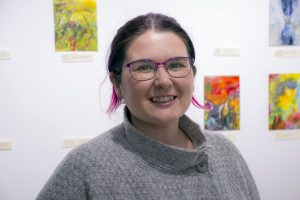

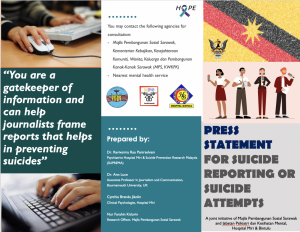
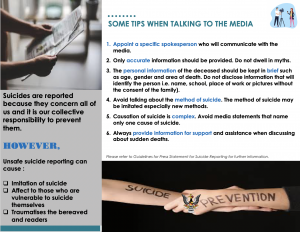

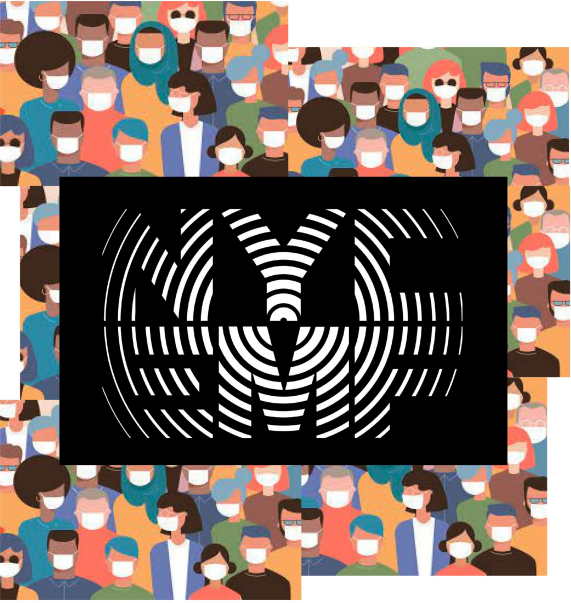
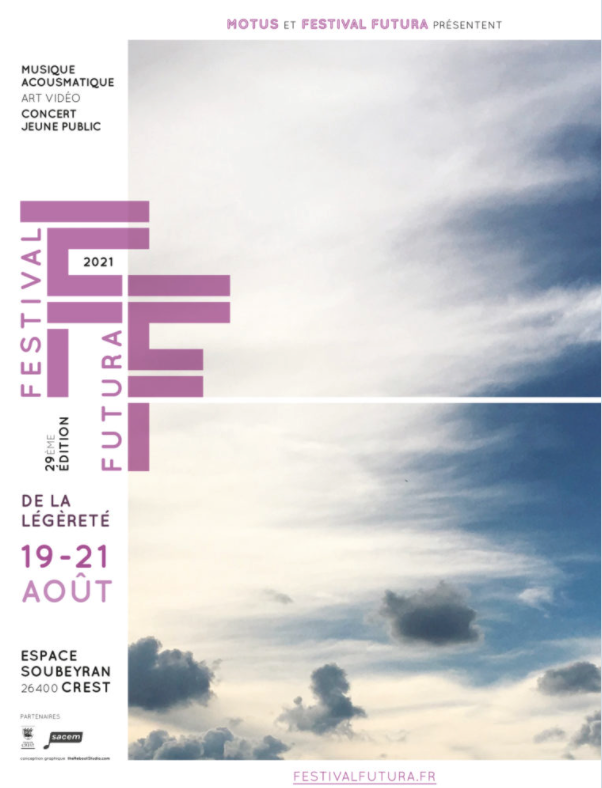
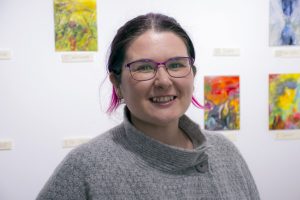

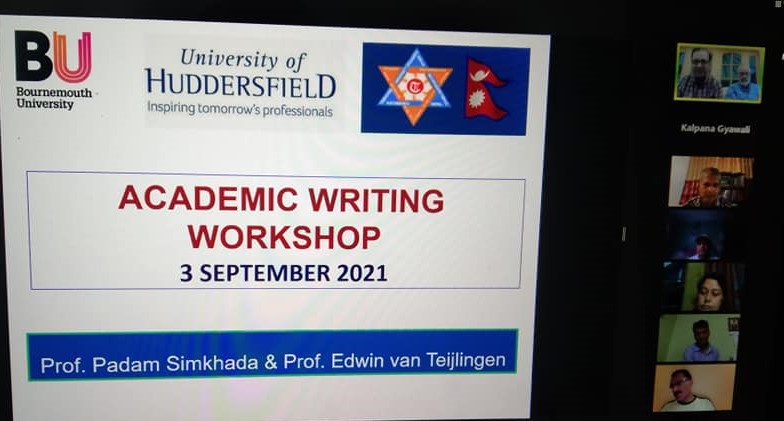
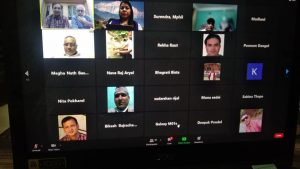

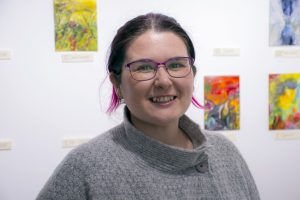
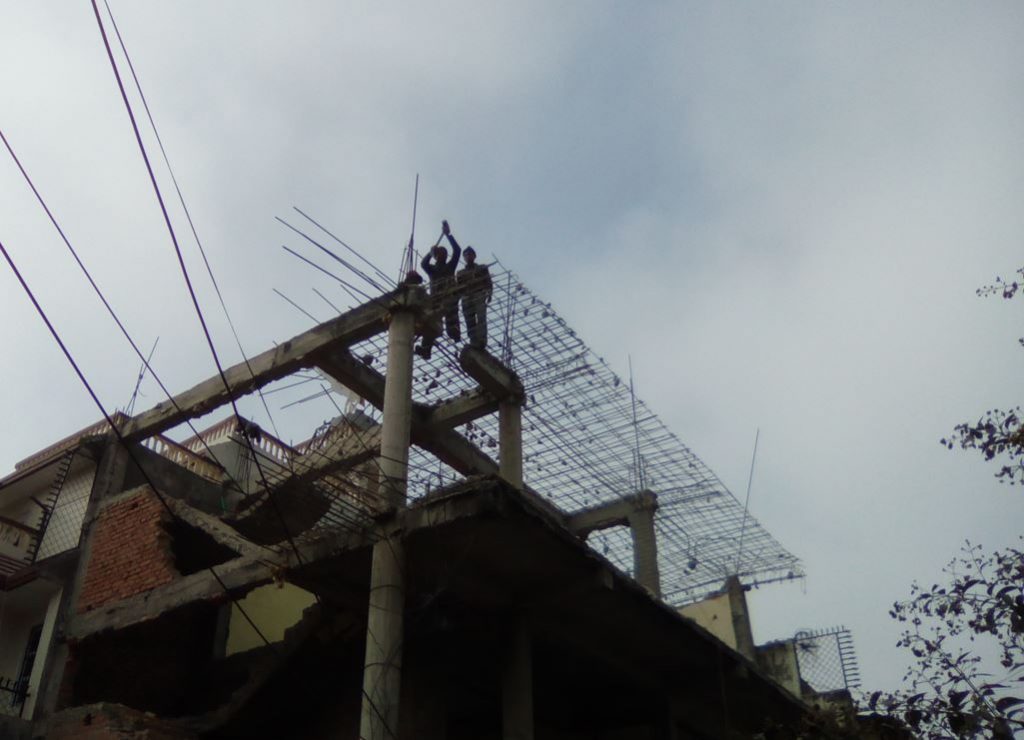

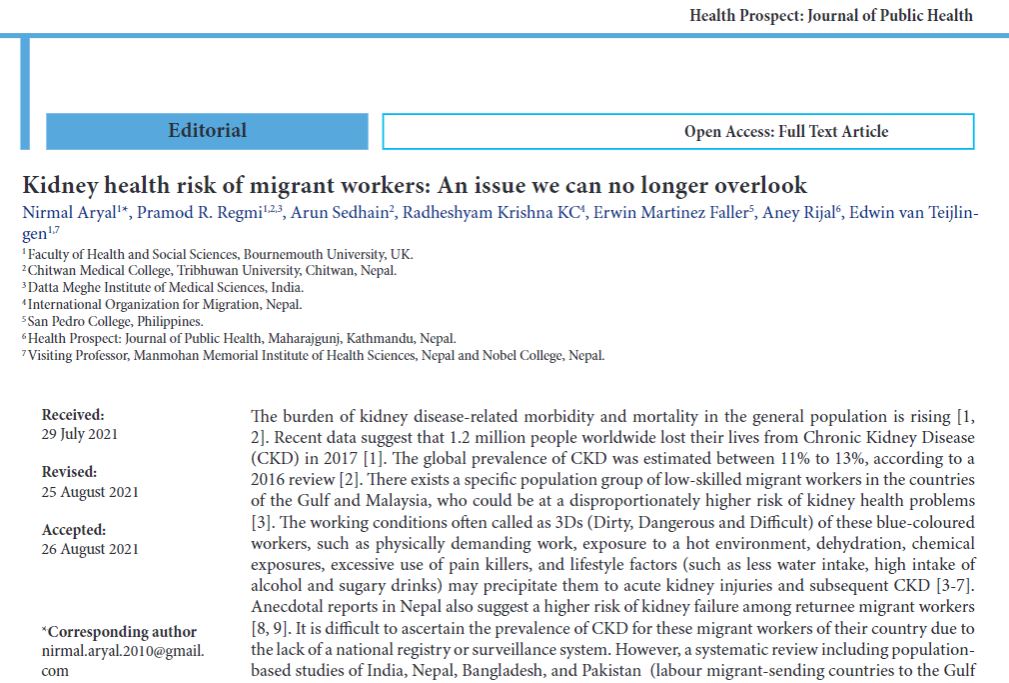


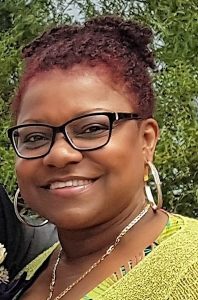
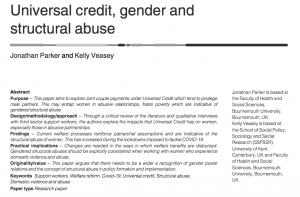
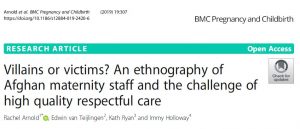

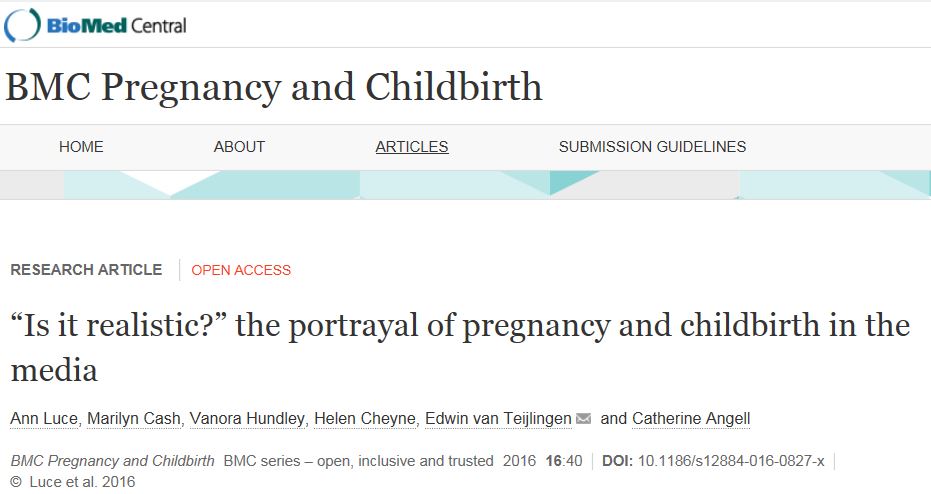

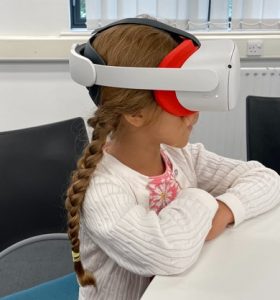
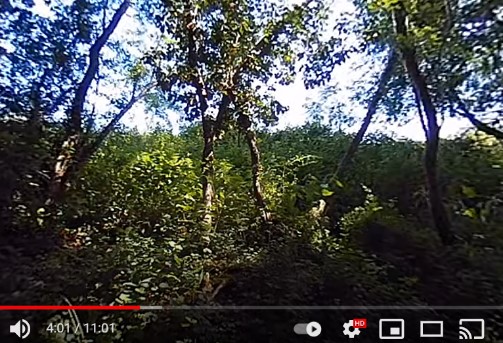

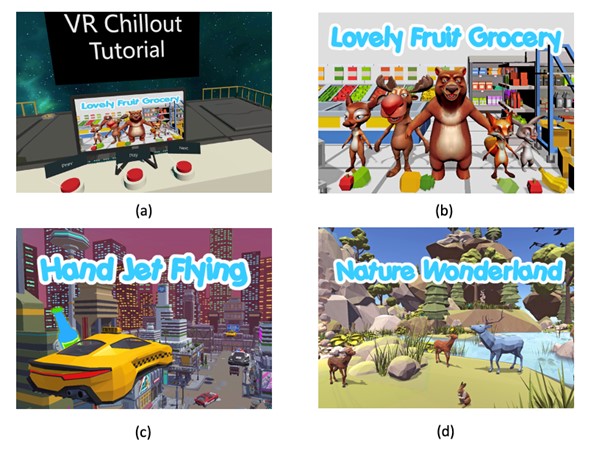

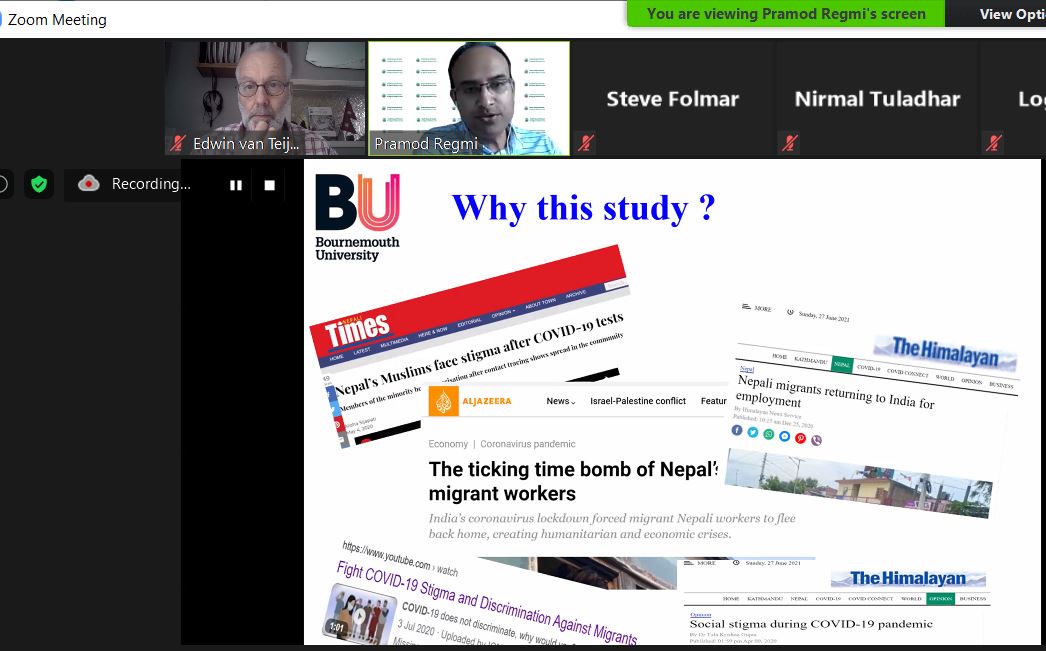











 Upcoming opportunities for PGRs – collaborate externally
Upcoming opportunities for PGRs – collaborate externally BU involved in new MRF dissemination grant
BU involved in new MRF dissemination grant New COVID-19 publication
New COVID-19 publication MSCA Postdoctoral Fellowships 2024
MSCA Postdoctoral Fellowships 2024 Horizon Europe News – December 2023
Horizon Europe News – December 2023